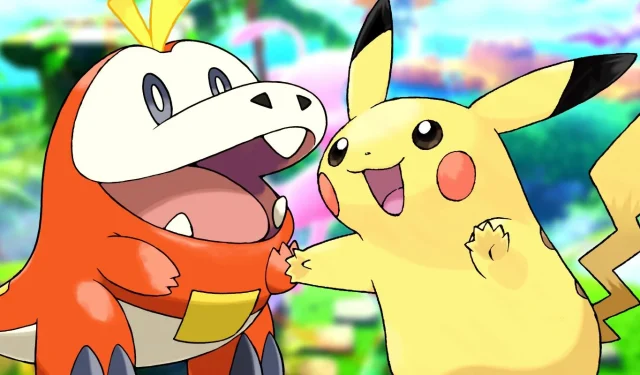
A fresh iteration of Pokémon Monopoly has recently arrived on the tabletop circuit, and it promises a gaming experience far removed from the typical Monopoly formula. Despite the immense popularity of the Pokémon franchise, which is among the largest media phenomena globally, there exists a surprising scarcity of tabletop games based on it, outside of the nearly ubiquitous Pokémon Trading Card Game. Nostalgic fans who grew up in the 1990s might fondly recall titles like Pokémon Master Trainer, but recent releases have largely been mere adaptations of existing game concepts, such as Labyrinth and Guess Who?
Hasbro Gaming’s latest release of Pokémon Monopoly showcases innovative mechanics that distinguish it from prior licensed versions. While earlier adaptations were essentially re-skins of the traditional game, this new incarnation integrates elements designed to immerse players in the defining traits of the Pokémon universe. This fresh approach ensures that Pokémon Monopoly captures the essence of the franchise, providing depth rather than serving solely as a commercial venture.
What Distinguishes This Pokémon Monopoly?
Unique Mechanics in Pokémon Monopoly
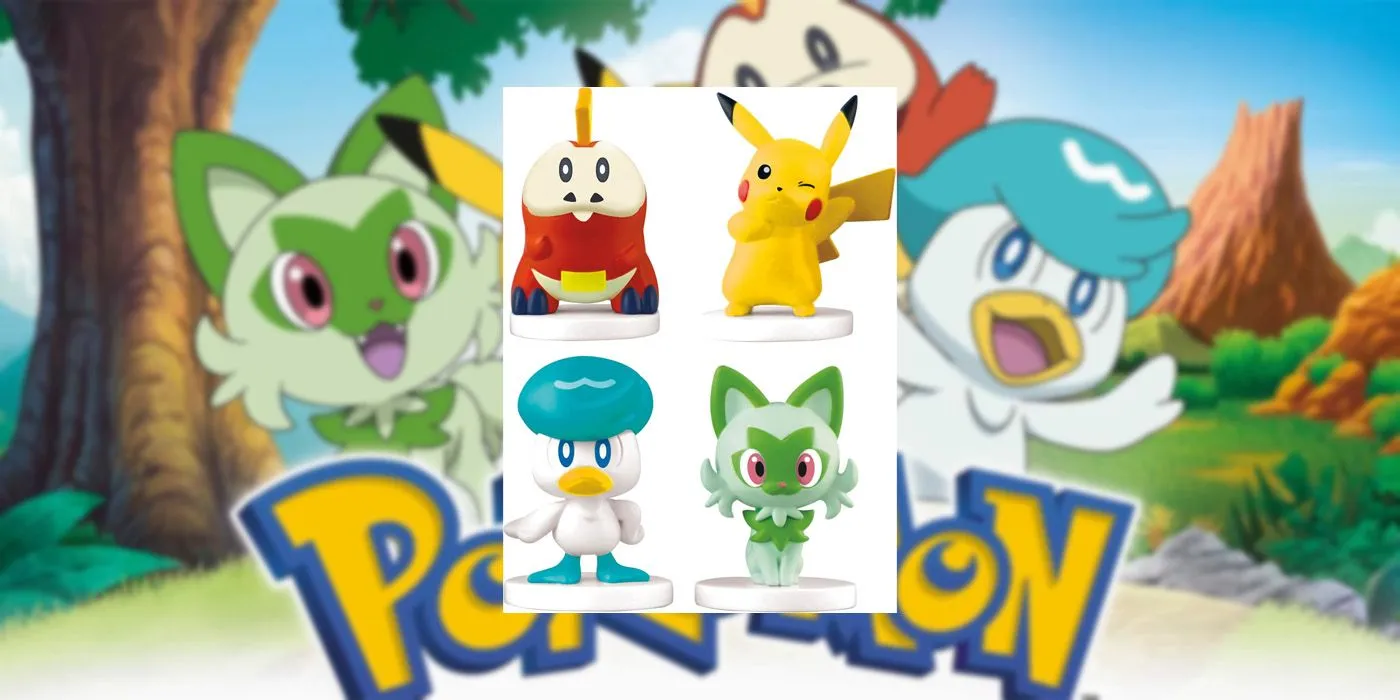
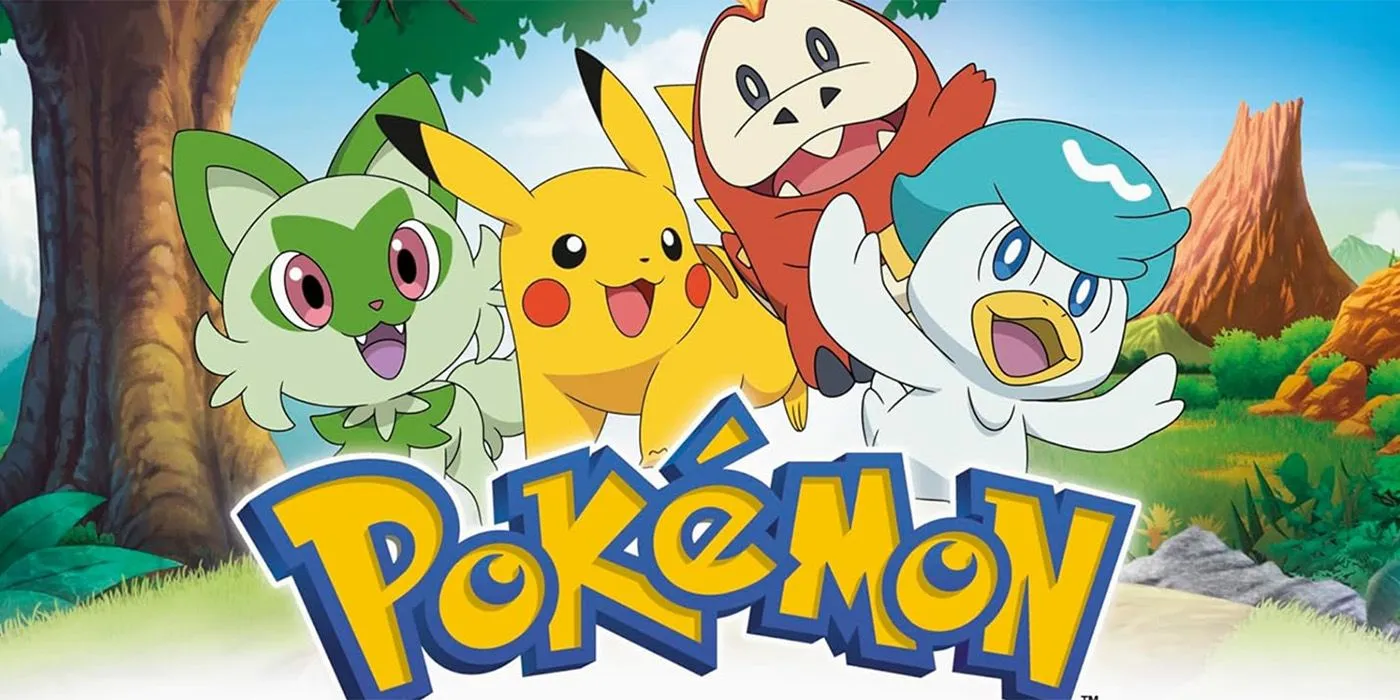
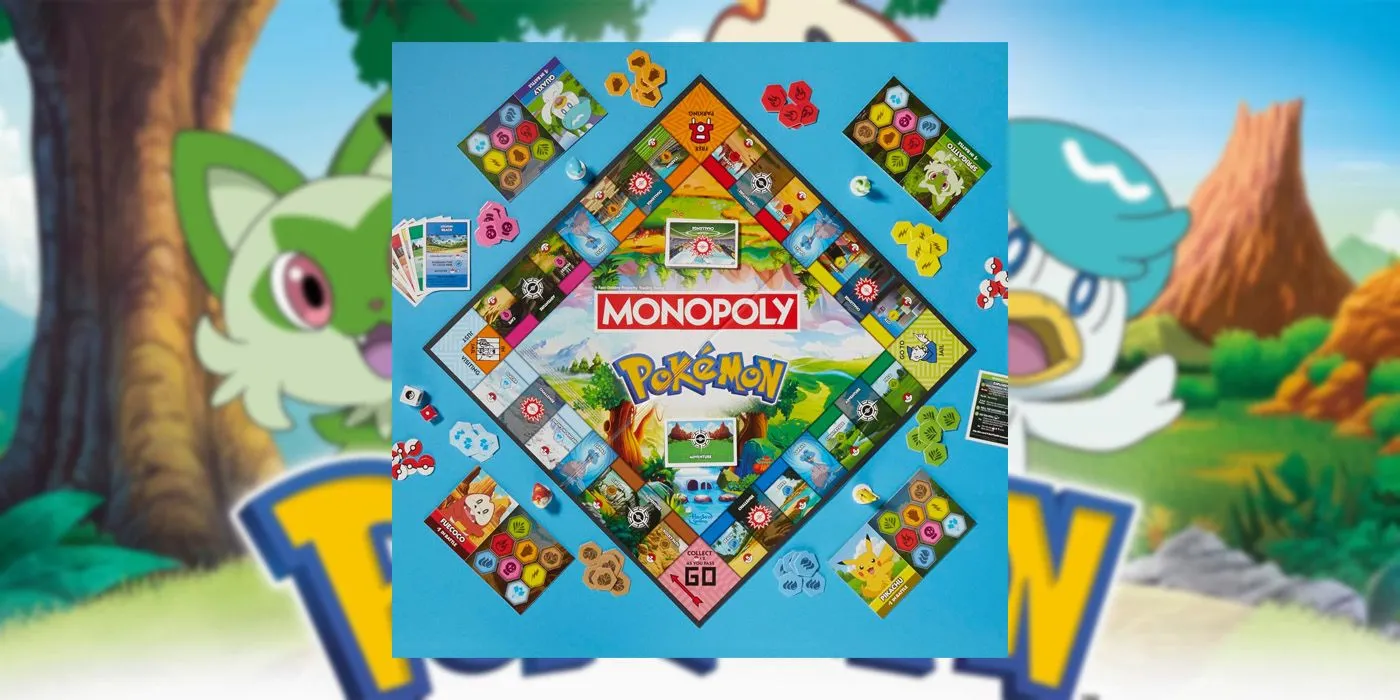

Unlike the previous Pokémon Monopoly games, which followed the conventional rules of the original, the new version introduces several distinct features. Players are now tasked with capturing eight different types of Pokémon from color-coded biomes, enhancing the gameplay experience. To claim a specific biome, the first player to land on it must pay a Poké Ball fee, allowing them to search for wild Pokémon. However, catching Pokémon isn’t guaranteed; players must roll a specialized die with a 50% catch rate. If they’re unsuccessful on their first throw, they can purchase additional Poké Balls for another attempt.
After claiming a biome, any trainer who subsequently lands there must pay a Poké Ball fee to explore, reminiscent of the rent mechanism in traditional Monopoly. Furthermore, players can engage in battles with the trainer who controls the biome they landed on. During these battles, both players roll a six-sided die and add their captured Pokémon to their total. The player with the highest score wins, with ties favoring the area’s current controller. It’s important to note that players cannot challenge for a biome if the opponent controls both areas of that color.
Is Pokémon Monopoly Worth Playing?
An Improvement Over Previous Versions, Yet Some Issues Persist
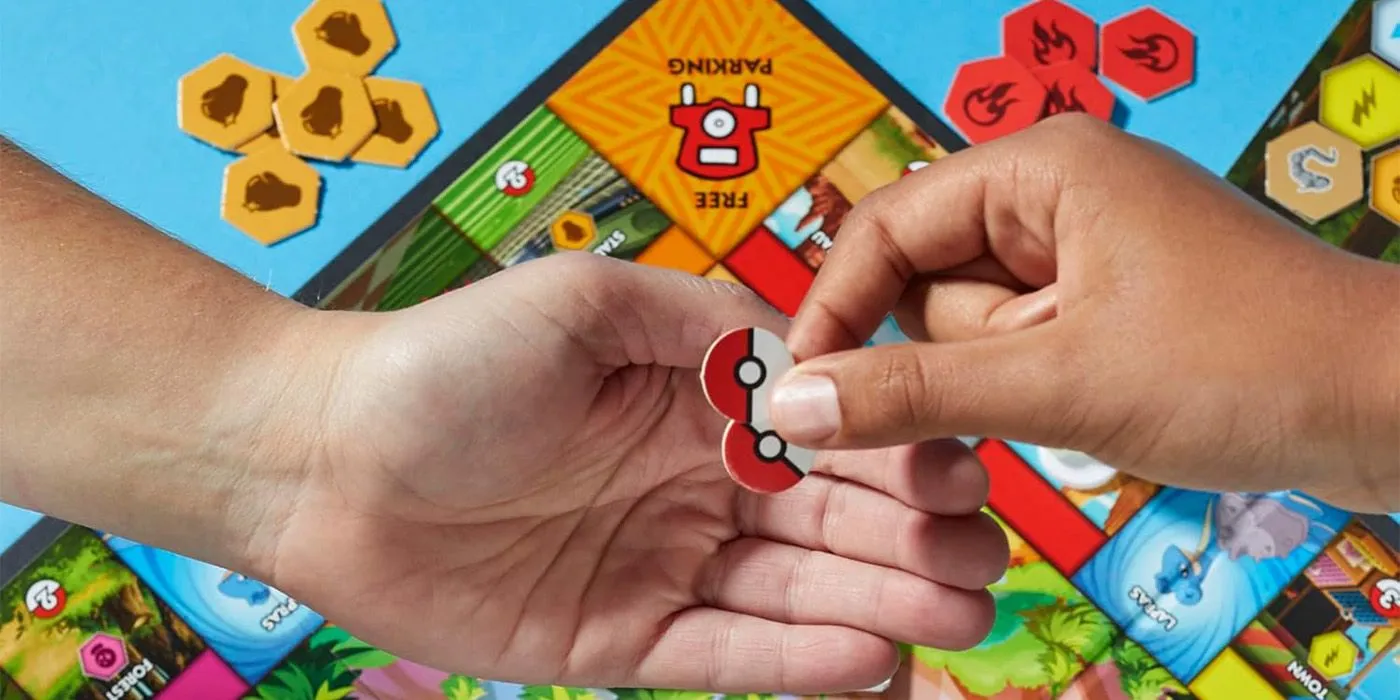
The incorporation of capture and battle mechanics gives Pokémon Monopoly a refreshingly distinct character compared to the standard Monopoly game, which often leads to a power struggle dominated by a few players. In this new iteration, achieving success is possible even without controlling numerous biomes, provided players can secure a reliable supply of Poké Balls. By amassing Pokémon from their regions, players can bolster their strength, potentially coercing opponents into surrendering control of key areas.
However, Pokémon Monopoly is not without its flaws. The gameplay remains heavily influenced by luck, making it possible for even the most strategically positioned player to miss out on capturing Pokémon due to unfavorable rolls. Additionally, similar power imbalances to those found in traditional Monopoly persist; a player with extensive landholdings can dominate available Poké Ball resources, while those with a plethora of Pokémon can pressure competitors lacking in their collections. Consequently, players who are averse to the inequality inherent in Monopoly may find little enjoyment in this adaptation.
Are More Pokémon Board Games on the Horizon?
Hope for Future Pokémon Board Games
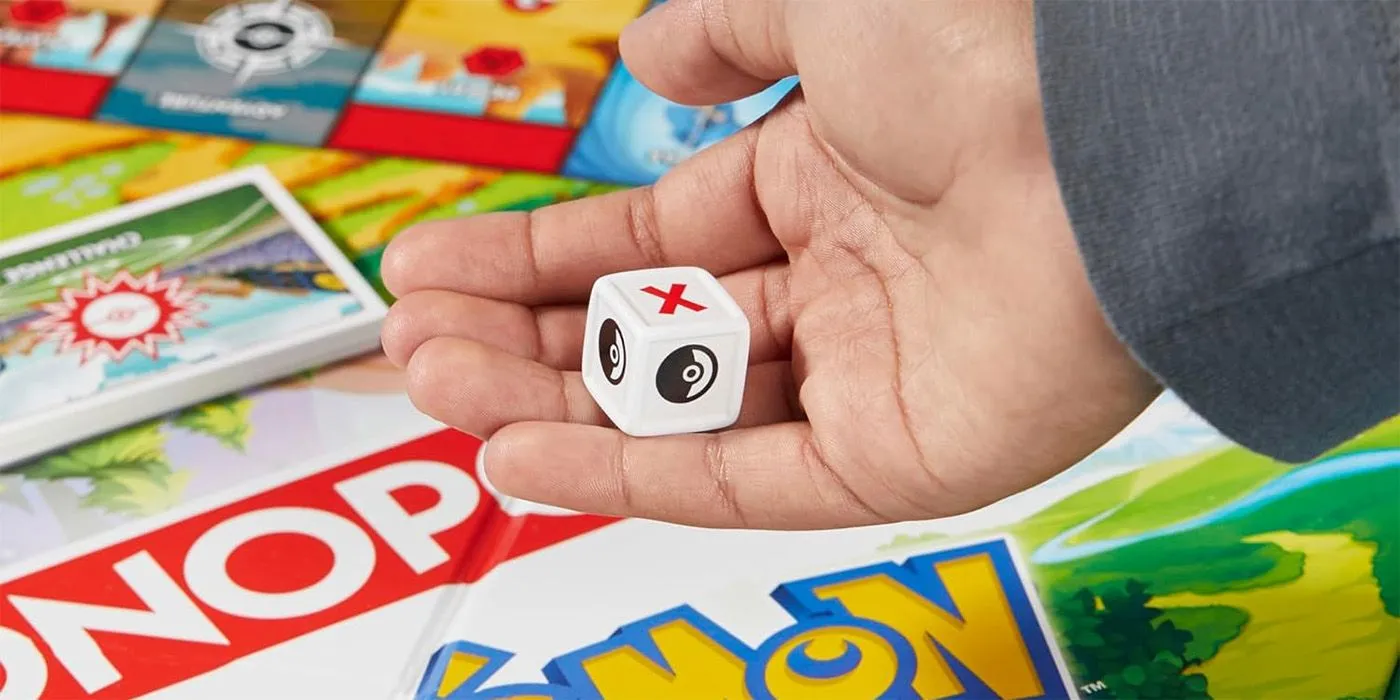
Although many video game franchises have produced elaborate board game adaptations, the Pokémon franchise has largely remained on the sidelines until recently. The Pokémon Trading Card Game stands as a titan in the card game realm, and with the introduction of Pokémon TCG Pocket’s new Mythical Island cards, the digital counterpart is also thriving. However, true tabletop explorations of the Pokémon world have generally been scarce. In fact, the latest Pokémon Monopoly appears to be one of the first significant attempts in years to authentically embody the Pokémon spirit, an encouraging sign for fans of tabletop gaming.
With a cautious approach to tabletop game adaptations historically, Pokémon seems to be opening the door to new possibilities. Notably, Pokémon Labyrinth made its debut a couple of years ago, and now with Pokémon Monopoly adding depth and authenticity, there are hopeful prospects for future releases. While no additional Pokémon board games have been publicly announced yet, the trajectory suggests that more Pokémon tabletop experiences may soon be available for players.




Leave a Reply ▼